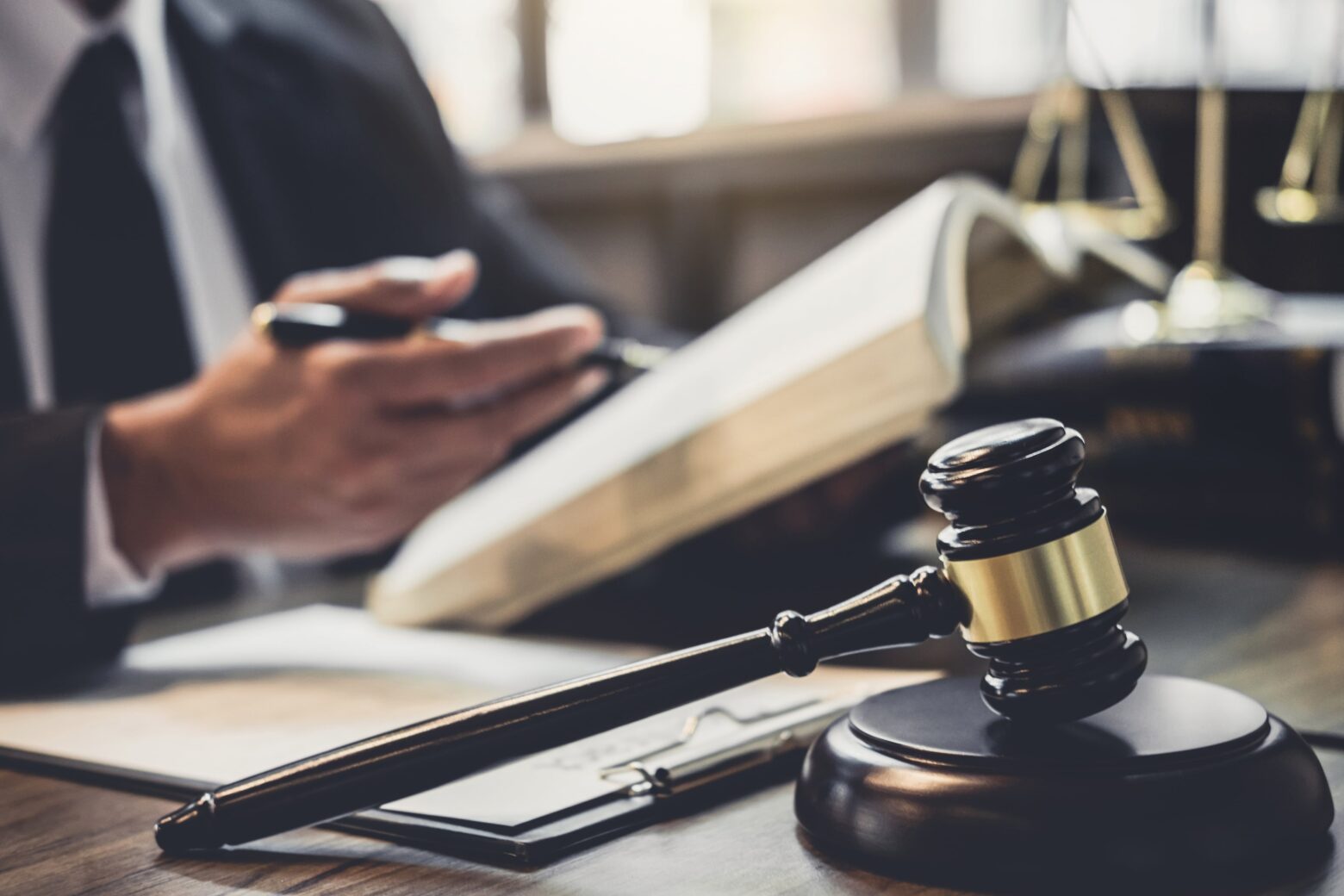Trial Preparation And Defense Tactics
Preparing for a criminal trial is a complex and crucial process that requires a strategic approach and a deep understanding of the legal system. Criminal defense lawyers play a central role in this preparation, employing a range of tactics to ensure their clients receive a fair trial and the best possible outcome. In this article, we’ll explore the importance of trial preparation and some of the key defense tactics employed by skilled defense attorneys.
The Significance Of Trial Preparation
Trial preparation is the foundation of a strong defense. It involves gathering evidence, interviewing witnesses, and building a compelling case to present in court. Effective preparation can make the difference between a successful defense and an unfavorable outcome. Key aspects of trial preparation include:
Evidence Gathering: Defense attorneys meticulously collect and review evidence, which may include police reports, witness statements, surveillance footage, and forensic data. They assess the strengths and weaknesses of the prosecution’s case.
Witness Interviews: Defense lawyers interview witnesses, including the accused, to gather information and determine their credibility. They also work to identify potential expert witnesses who can provide valuable insights.
Legal Research: Attorneys research applicable laws, precedents, and legal strategies to formulate a solid defense. They may challenge the admissibility of evidence or seek to have charges dismissed on legal grounds.
Case Strategy: A well-planned defense strategy is developed, including decisions on whether to negotiate a plea deal or go to trial. The strategy may also involve selecting a jury, if applicable.
Key Defense Tactics
Defense attorneys employ various tactics to strengthen their clients’ cases and challenge the prosecution’s arguments:
Cross-Examination: Effective cross-examination of prosecution witnesses is a fundamental tactic. Defense attorneys scrutinize witnesses’ statements, exposing inconsistencies or biases.
Expert Witnesses: Defense attorneys may call upon expert witnesses in fields such as forensics, psychology, or ballistics to provide specialized insights that can support the defense’s argument.
Alibi: Establishing an alibi is a common defense tactic, where the accused demonstrates they were elsewhere at the time of the alleged crime, supported by evidence or witness testimony.
Reasonable Doubt: Defense attorneys often emphasize the principle of “reasonable doubt,” reminding the jury that they must be certain of the defendant’s guilt to render a verdict.
Character Witness Testimony: Character witnesses can vouch for the defendant’s reputation and credibility, challenging the prosecution’s portrayal of the accused.
Pretrial Motions: Defense attorneys may file pretrial motions to challenge the legality of evidence, seek the exclusion of certain testimony, or request a change of venue to ensure a fair trial.
Negotiating Plea Bargains: In some cases, defense attorneys negotiate with the prosecution for reduced charges or more lenient sentencing options.
Presentation: Defense lawyers present their case persuasively, making effective use of opening statements, direct examinations, and closing arguments to convince the jury of their client’s innocence.
Trial preparation and defense tactics are essential components of the legal process. Our Skilled Windsor Heights, IA Criminal Defense Lawyer from the Law Group of Iowa meticulously prepares cases and employs a variety of tactics to provide the strongest defense possible for their clients. Whether through cross-examination, expert testimony, or challenging the admissibility of evidence, defense lawyers are dedicated to upholding the rights of the accused and seeking a just outcome in the courtroom.





